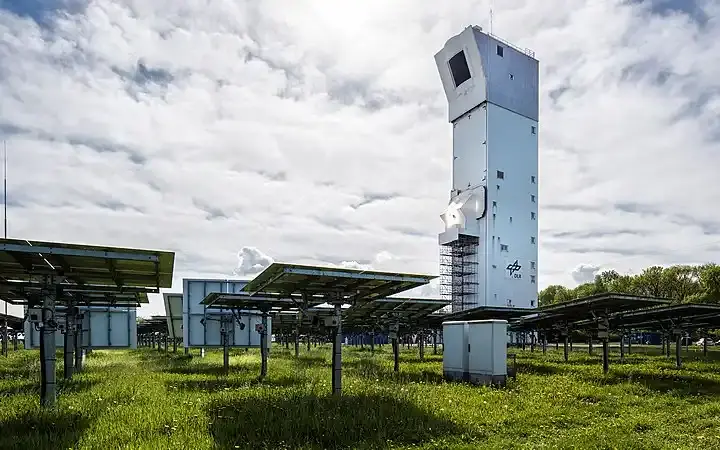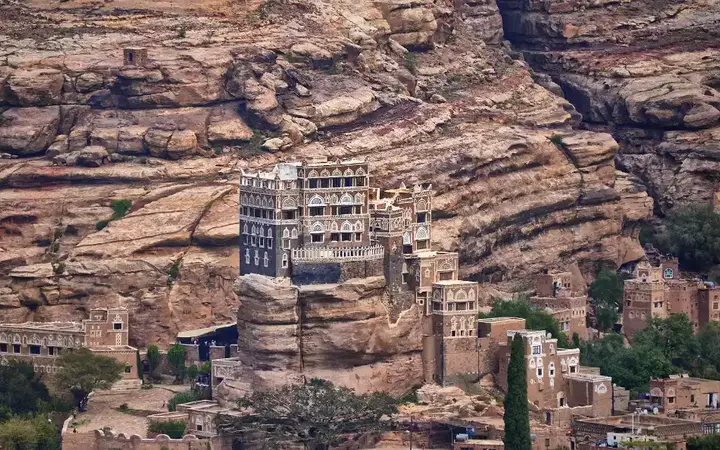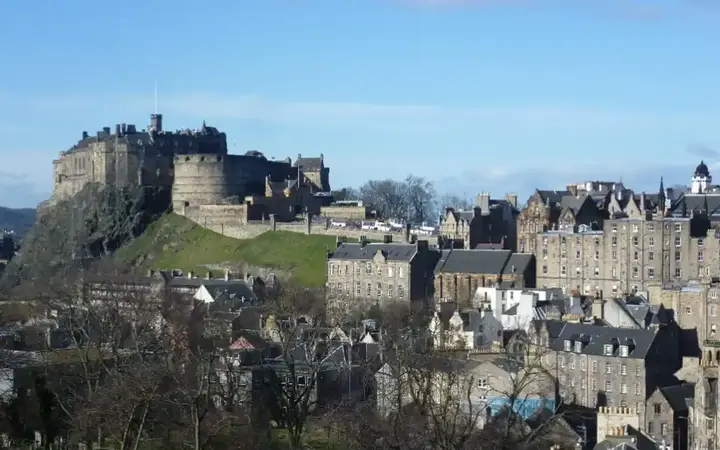How Qatar successfully staged the 2022 FIFA World Cup
The 2022 FIFA World Cup, hosted by Qatar, was a huge event that transcended the boundaries of sport. It was not just a football tournament, but a global gathering that demonstrated Qatar's capabilities on the world stage. This article examines the various aspects of this historic event, from intensive preparations and infrastructure development to the social impact and future opportunities it has created for Qatar. Let's start a journey to explore how Qatar successfully organized a World Cup that will be remembered for years to come.
Show key points
- Qatar began preparations for the 2022 FIFA World Cup 12 years in advance, demonstrating meticulous planning and collaboration with FIFA.
- Eight state-of-the-art and eco-friendly stadiums, including the iconic Lusail Stadium, were constructed to host the tournament’s 64 matches.
- The World Cup featured 32 teams competing in a traditional format, culminating in a dramatic final between Argentina and France.
- ADVERTISEMENT
- Argentina clinched their third World Cup title by defeating France in a thrilling penalty shootout after a 3-3 draw in extra time.
- Star players like Lionel Messi and Kylian Mbappé delivered unforgettable performances, with Messi winning the Ballon d'Or and Mbappé securing the Golden Boot.
- The event showcased Qatar’s ability to host global-scale events while emphasizing sustainability, cultural heritage, and advanced infrastructure.
- Beyond football, the tournament ignited global interest in sports and established lasting facilities that will benefit Qatar’s future development.
Preparations and infrastructure
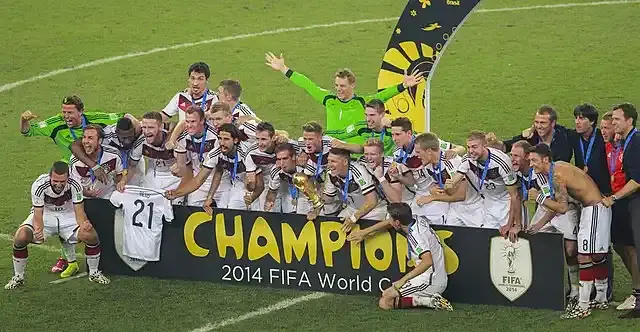
Preparations for the World Cup began 12 years before the tournament. The Qatar 2022 SC made operational preparations, which were later handed over to the Local Organising Committee. The Local Organising Committee worked closely with FIFA to meet all obligations under the hosting agreement.
Recommend
One of the most important aspects of the preparations was the construction of the stadiums. The tournament's 64 matches were played across eight venues: Al Bayt Stadium, Khalifa International Stadium, Al Thumama Stadium, Ahmed Bin Ali Stadium, Lusail Stadium, Stadium 974, Education City Stadium and Al Janoub Stadium. Each stadium is equipped with state-of-the-art facilities, ensuring a comfortable and enjoyable experience for spectators.
The stadiums are designed with sustainability in mind. For example, Al Bayt Stadium is designed to resemble a traditional Qatari tent, and its construction materials were chosen due to its low environmental impact. Lusail Stadium, the largest stadium, is built using environmentally friendly materials and features a solar-powered cooling system.
Competition

The 2022 FIFA World Cup was a spectacle, with thirty-two teams from around the world vying for the coveted title. The tournament was held from November 20 to December 18, 2022.
The tournament followed the traditional format, with the 32 teams divided into eight groups from four countries. The top two teams from each group qualify for the knockout rounds, which included the round of 16, quarter-finals, semi-finals and finals. The tournament saw 64 matches played on eight stadiums1. The group stage took place from 20 November to 2 December, followed by the knockout stage from 3 to 18 December.
The tournament was attended by some of the best footballers in the world. Frenchman Kylian Mbappe became the first player to score a hat-trick in a World Cup final since Jeff Hurst in the 1966 final and won the Golden Boot as he scored the most goals (eight) during the tournament1. Argentine captain Lionel Messi was named the tournament's best player and won the Ballon d'Or. His teammates Emiliano Martínez and Enzo Fernández won the Golden Glove, awarded to the best goalkeeper in the tournament; and the Young Player Award, which is awarded to the best young player of the tournament, respectively.
The final was an exciting clash between Argentina and France. Argentina were crowned champions after beating defending champions France 4-2 on penalties after drawing 3-3 after extra time. This was Argentina's third title and the first since 1986, as well as being the first non-European country to win the tournament since 2002.
Legacy
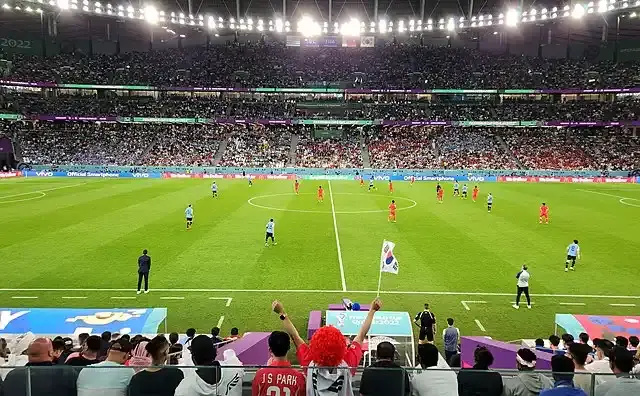
The 2022™ FIFA World Cup Qatar has left a lasting legacy in Qatar and the world. The event has reignited interest in sports and fitness, setting high standards for future World Cups. It was a testament to Qatar's capabilities and commitment to inclusivity, social progress and the beautiful game of football.
The infrastructure developed for the World Cup will continue to serve Qatar and its people for years to come. The stadiums, training facilities and transport networks built for the event will be used for future sporting events and for the benefit of the local community.
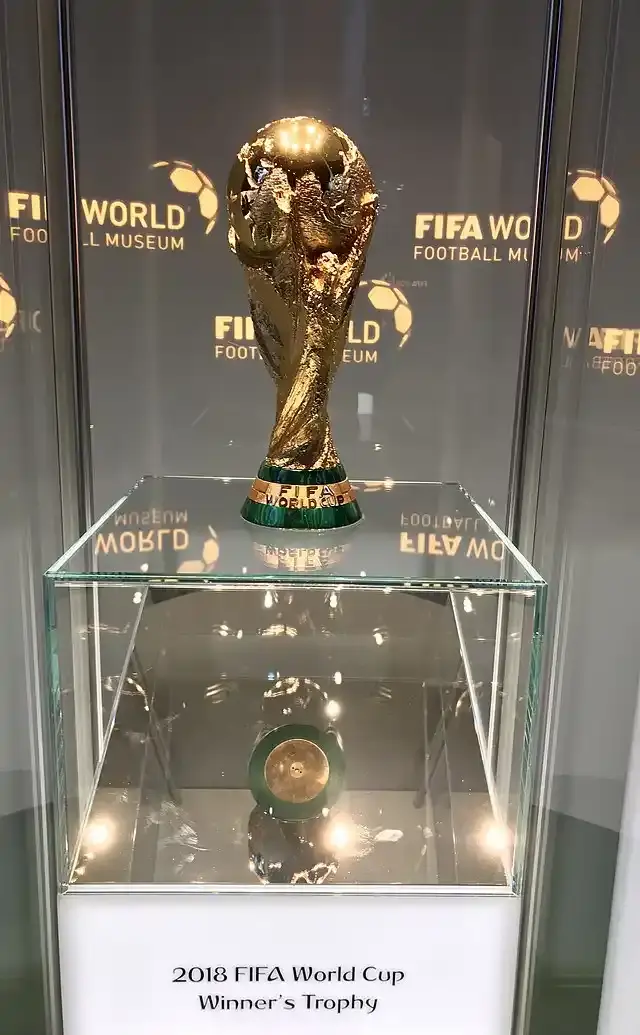
The FIFA World Cup Qatar 2022™™ was a resounding success, thanks to careful planning and execution by organisers. The event has left a lasting impact on Qatar and the world, rekindling interest in sport and fitness, and setting high standards for future World Cups. It was a testament to Qatar's capabilities and commitment to inclusivity, social progress and the beautiful game of football. The legacy of the tournament will continue to inspire and influence the world of football for years to come.
![]()
Time Management Skills: Effective Methods to Increase Productivity
Time isn’t just ticking—it’s the most valuable thing we have. Managing it right means less stress, more focus, and better balance between work and life. With simple techniques like prioritizing tasks or using the Pomodoro method, we can work smarter, not harder, and truly make every moment count. more- ADVERTISEMENT
![]()
Global Solar Radiation: Regional Disparities and the Potential of the Middle East
Bathed in sunlight and embracing vast deserts, the Middle East shines as a global leader in solar energy. With over 3,000 annual sunshine hours, the region fuels innovation and growth, setting the stage for a bright, clean-energy future powered by the sun. more- ADVERTISEMENT
![]()
Moon Magic: How the Lunar Influence Shapes Earth's Tides
The moon's magical pull creates amazing tides that shape our coasts and marine life. From fishing to clean energy, humans have long benefited from this natural rhythm. The moon's gravity isn't the only driver—factors like geography, wind, and the sun also play a big part in this fascinating phenomenon. more- ADVERTISEMENT
![]()
The battle that every man fights but most of them don't discuss it
Men silently fight internal battles shaped by stress, depression, and rigid masculinity norms. Suppressing emotions and fearing judgment, they often hide their struggles. True strength lies in embracing vulnerability, fostering self-worth, and building open, supportive connections to break free from isolation and unrealistic expectations. more- ADVERTISEMENT
![]()
Elon Musk's Brain Chip - Facts and Oddities
Elon Musk's Neuralink has stirred buzz with its brain chip, Brain-Link, aiming to let humans control devices with their minds. Though still experimental, early tests show promise—like a paralyzed person using it to control a computer—while sparking ethical concerns over privacy, safety, and equality. more- ADVERTISEMENT
![]()
Clothing Trading - Hidden Tetanus Discovery
Clothing trade can be highly profitable when you understand fashion trends, know your target customers, and offer quality products at affordable prices. Choosing the right type—like children’s or women’s wear—and selecting a smart location or online platform can boost success. Marketing and customer service also play big roles. more- ADVERTISEMENT
![]()
Dar Al-Hajar ... The seven-story stone palace in Wadi Dhahr, Yemen
Perched atop a massive rock near Sana'a, the Stone Palace blends seamlessly into the mountain, appearing ancient though built in the 1930s. Once a royal summer retreat, it's now a museum showcasing Yemen’s rich architecture, with its war-castle design, gardens, and maze-like interior captivating all who visit—or admire from afar. more- ADVERTISEMENT
![]()
10 things smart people never share with anyone
Smart people often keep quiet about their true knowledge, finances, personal struggles, and future plans. It’s not secrecy—it’s strategy. By choosing what to share, they protect their peace, maintain control, and keep life’s noise at bay. more- ADVERTISEMENT
![]()
Best castles worth visiting near Edinburgh
Edinburgh is a castle lover's dream, with iconic sites like Edinburgh Castle atop Castle Rock and the mysterious Crichton Castle with Game of Thrones vibes. From romantic Rosslyn to tranquil Lauriston, each castle tells a unique story, making the city’s history come alive in the most unforgettable way. more- ADVERTISEMENT
![]()
Can companies avoid Kodak's future fate?
Can Companies Evade the "Kodak" Destiny in The Future? more- ADVERTISEMENT













